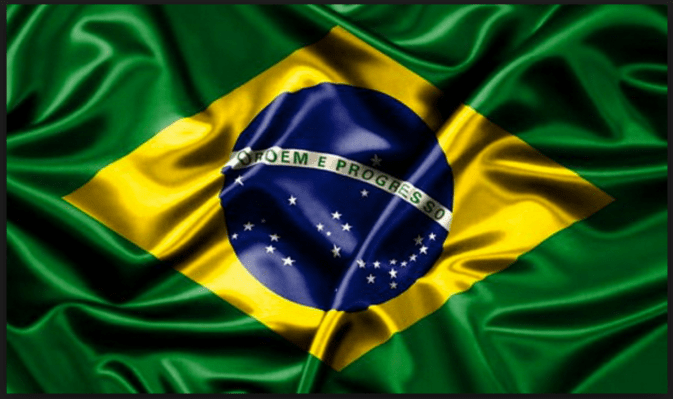As you might have noticed, things aren’t going so well in Brazil. Its economy shrank 5.4 percent in the first quarter, according to government figures released yesterday. Its president, Dilma Rousseff, was temporarily suspended by a congressional impeachment vote. Brazil is also home to much of the outbreak of the dreaded Zika virus, which has a growing number of people wondering whether it’s worth attending — as well as competing in — the Summer Olympics in Rio de Janeiro. (A U.S. cyclist withdrew earlier today, out of concern for his pregnant wife.)
We couldn’t help but wonder what kind of impact Brazil’s endlessly troubling developments are having on the country’s startups, which seem to fall in and out of fashion with the season. To get some sense of what’s happening, we caught up with Kevin Efrusy, a partner at Accel Partners who once lived temporarily in Rio to help steer the firm into the right investments and who still commutes to the country regularly. Our chat has been edited for length and clarity.
TC: Accel has been investing in Brazil for several years, along with Kaszek Ventures and Redpoint e.Ventures and Monashees Capital and Atomico. Is there a nervousness right now among you given all of the macro stuff going on in Brazil?
KE: The companies down there are doing remarkably well. Our portfolio companies are growing between 70 and 200 percent annually. I know it sounds strange, but the tech and macroeconomic cycles are pretty uncoupled. Adoption of smart phones, digitization of the economy, adoption of the cloud — they’re all in their early stages in Brazil and have a long way to go there. So as bad as the economy is, no one is saying, “Hey, let’s go back to banking on our laptops instead of our phones.” These [trends] don’t decline in a recession.
TC: For years, investors and you in particular have said that VCs have to play the long game to win in Brazil. How many years behind the U.S. do you think the country is right now in terms of tech adoption?
KE: Seven to nine years, which is why these companies are growing so well.
TC: But certainly, they aren’t immune to what’s happening around them.
KE: The macro does affect them in several ways. One is fundraising. It definitely scares foreign or less sophisticated investors, which makes it hard for startups to raise follow-on financing. And the valuations they command [is] lower. The third and most important factor is currency [the Brazilian real]. From the peak of the boom to the trough about five or six months ago, the currency went from 2 [reais] to the dollar to 4.2 [reais], so these companies were doing well and enjoying phenomenal growth, but in U.S. dollars, [their revenue] felt anemic. The currency is now trading at 3.6 [reais per each dollar], so it has strengthened. But when your currency in weakening, growth appears less dramatic.
On the flip slide, when things get better, it’s like a rocket boost.
TC: What do you think outsiders misunderstand the most about Brazil?
KE: The important thing is knowing this [macro] stuff happens. If anyone thought they’d go to Brazil or any emerging market and rifle shot a great company as an investment strategy, they were sorely mistaken.
You have to have a 10- to 15-year view to build an ecosystem there. It’s not about cycles. It’s how long it takes to build an ecosystem anywhere. In China, [the venture industry started to develop in 1993] and it took those firms 10 years before these really great companies like Tencent and Baidu emerged and had exits.
If you look at Silicon Valley, where venture capital got started in the late 60s, early 70s, it’s the same thing; it took 10 years [to see the rise of] Apple and other companies, and it took until the ’80s before you had a venture “industry.” From our perspective, we’re about 4.5 years into [the same thing] in Brazil. That doesn’t mean it will be another six years before there are exits. There are already exits. But it will take six years until the average investor feels safe.
TC: Accel, and you personally, have made a bunch of bets already on companies, including the market intelligence company Neoway; Elo7, which is an online marketplace for handmade items; and the online real estate marketplace VivaReal. Has the pace at which you invest, or what you’re looking for, changed in the last year or so?
For the past year, year-and-a-half, our pacing has been pretty consistent, meaning Accel and me personally. There have been good opportunities because the currency was at an all-time low and really cheap and we took advantage of that a little bit.
Most important, of course, is to invest in companies that can be capital efficient and can wait a while before raising a follow-on round, because it can be tricky and we need to be cognizant of that fact. So we’re definitely selecting based on those that can go further on the capital they raise. We aren’t doing high-burn, big swing companies, though I think that’s not happening [broadly speaking] in the U.S. right now, either.
